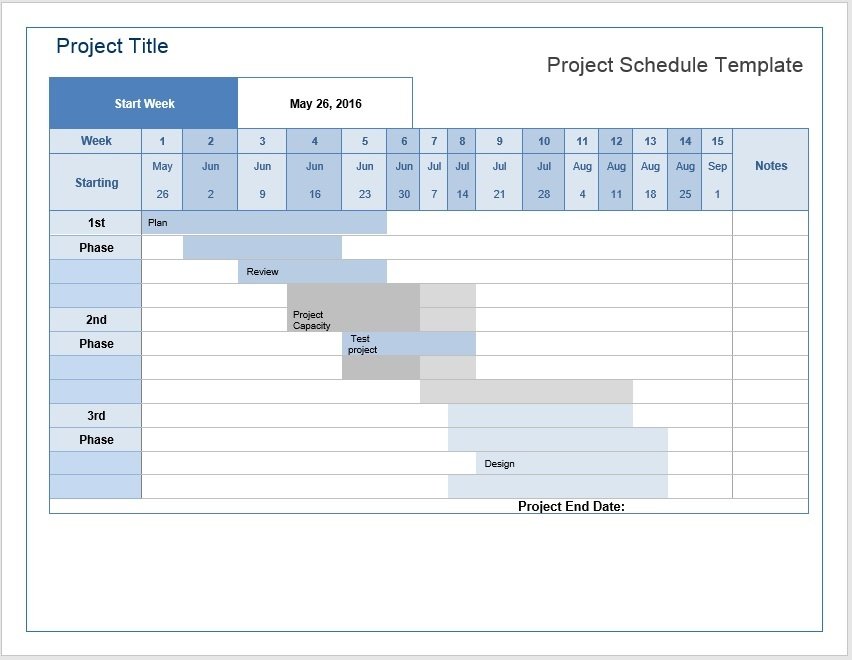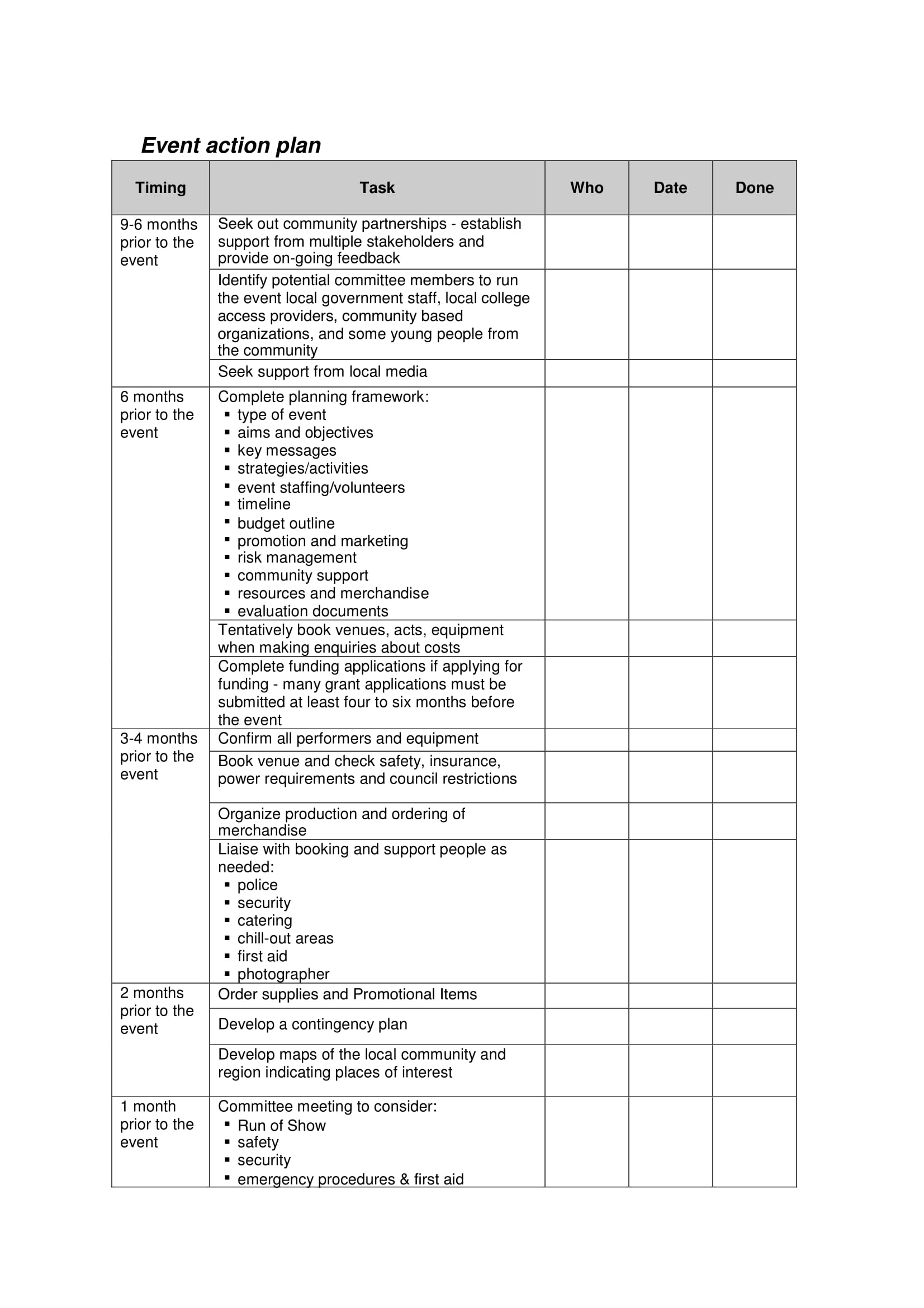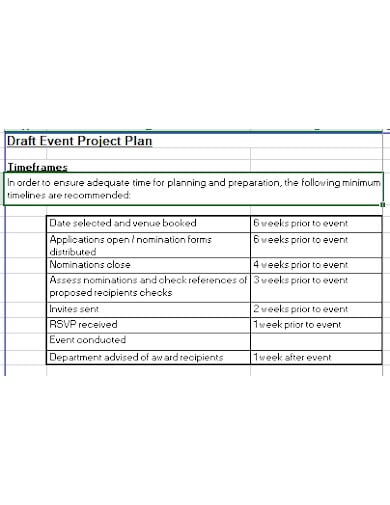

If you need any approvals to move forward, be sure to account for the time it may take to secure these in your plan. So before diving into logistics, nail down core conference info, such as your target audience, event budget, and general program. 😊 The pre-planning phase provides a solid foundation you can build the rest of your event plan on. Let’s break down 5 major phases you’ll want to include in your conference plan. But most large-scale corporate events share the same core activities, even if the specifics differ. How to create an event plan for your conference

Feel less stressed and more confident about your event: Rest easy knowing exactly what needs to happen when for your event to go off without a hitch.Proactively monitor and mitigate risk: Account for inherent risks up front, and spot and address issues before they throw your conference timeline off track.Improve team collaboration and accountability: Clearly define who’s responsible for what so there’s no confusion, and keep communication flowing among team members at every stage of conference planning.Communicate clearly with stakeholders: Keep stakeholders informed about progress, and set clear expectations for their role in approvals.

Keep scope and budget in check: See what the event calls for ahead of time so you can prevent last-minute surprises from causing scope creep and budget overages.



 0 kommentar(er)
0 kommentar(er)
